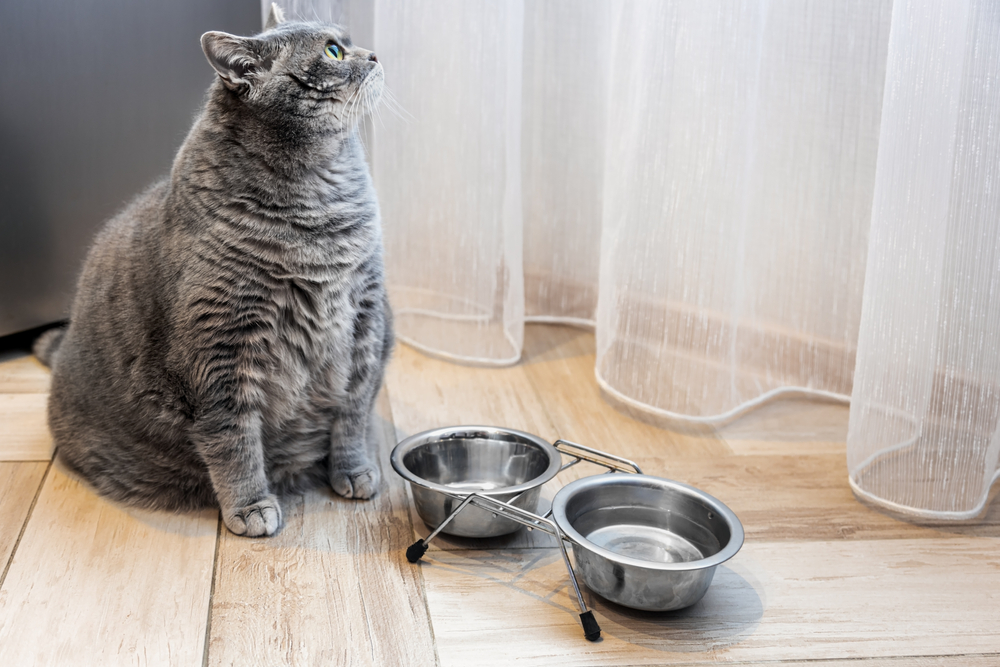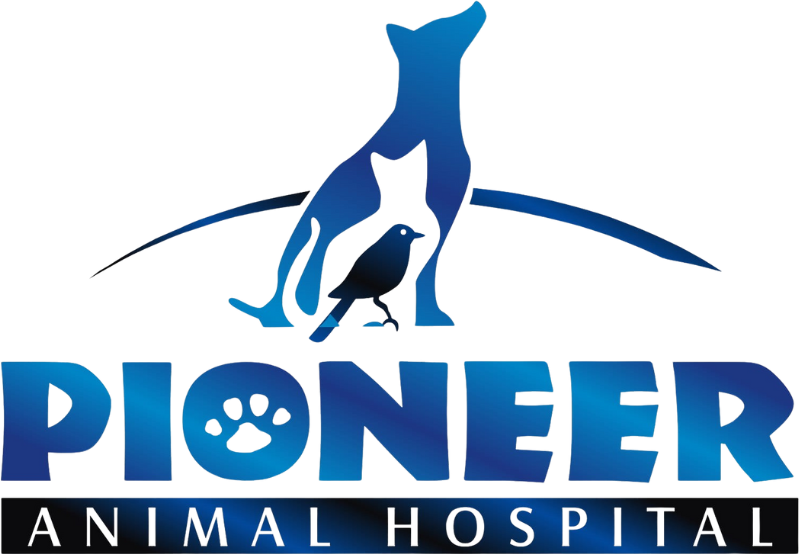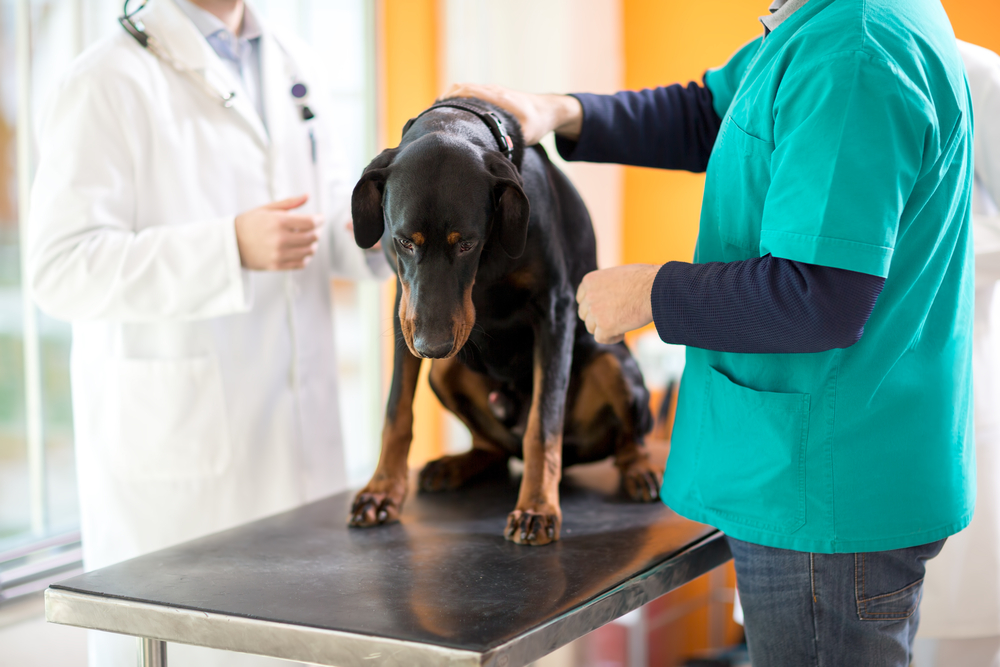Recognizing when your pet is ill is important to helping ensure they receive appropriate veterinary care. Our Pioneer Animal Hospital team believes the love you share with your pet is worthy of the best health care available, and we describe how to recognize the warning signs that indicate your pet needs veterinary attention.
#1: Your pet seems lethargic
Pets are excellent at hiding illness, and the first sign they aren’t feeling well may be a slight decrease in energy. This is especially concerning for young dogs and cats who are usually extremely bright and active, but changes in your older pet’s energy level also indicate they should have a veterinary evaluation. If your pet is resting more than usual, or they seem extremely reluctant to plan or take an outing, schedule a veterinary appointment.
#2: Your pet’s eating habits change
Our Pioneer Animal Hospital team should evaluate your pet’s health if they exhibit any change in appetite. If your pet usually devours their food and they are suddenly not interested, this can indicate a serious medical problem such as an infection, organ dysfunction, or a gastrointestinal (GI) obstruction. On the other hand, if your pet’s appetite seems more voracious than usual, our team should examine them to rule out issues such as intestinal parasites, diabetes, Cushing’s disease, and exocrine pancreatic insufficiency.
#3: Your pet’s drinking habits change
Your pet must remain well hydrated to stay healthy, and if they aren’t drinking enough water, our team should evaluate them to diagnose the cause and to determine if they need intravenous (IV) or subcutaneous fluids. In addition, if your pet is drinking large quantities of water, this may indicate a condition such as diabetes, kidney dysfunction, pyometra, or Cushing’s disease.
#4: Your pet has bad breath
Although you might think that your pet’s bad breath is normal, it isn’t. Bad breath can indicate periodontal disease, a serious issue that can lead to swollen, painful gums, loose or missing teeth, tooth root infections, and jawbone fractures. In addition, your pet’s organs can be damaged if the bacteria enter their bloodstream. If your pet’s breath is offensive, schedule an appointment with our team, so we can determine whether your four-legged friend needs a professional veterinary dental cleaning to remove the problematic bacteria from under their gumline.
#5: Your pet has gastrointestinal problems
A dietary indiscretion can lead to a solitary bout of vomiting or diarrhea, and if your pet seems otherwise healthy and the episode isn’t repeated, you have no reason to worry. However, our Pioneer Animal Hospital team should evaluate your pet if they have gastrointestinal (GI) upset in addition to the following:
- Signs such as pain, lethargy, fever, abdominal bloating, or dehydration
- You know or suspect your pet has ingested a foreign body or toxin
- Your pet has multiple bouts of vomiting or diarrhea
- The vomiting or diarrhea is excessive
- The vomiting or diarrhea contains blood
- The GI upset persists for several days
- Your pet has an existing medical condition such as cancer, liver disease, or kidney dysfunction
- Your pet is extremely young or a senior
#6: Your pet is itchy
Pets commonly experience itchy, irritated skin, which is most often caused by allergies such as flea allergy dermatitis (FAD), atopy, and foods. These conditions cause excessive discomfort and can lead to skin excoriations, serious skin pathology, and chronic or recurrent skin and ear infections. To manage your pet’s condition effectively, our team must determine the underlying cause. If left unaddressed, skin conditions can progress, making them more difficult to control.
#7: Your pet’s eye is red, closed, or tearing
Eye issues are considered veterinary emergencies because they can progress quickly, putting your pet’s sight at risk. Call our Pioneer Animal Hospital team immediately if your pet’s eye is red, closed, tearing, or has a mucoid discharge. We will evaluate their condition and prescribe the appropriate treatment.
#8: Your pet has difficulty rising
Arthritis is common in pets, especially seniors, and the condition can lead to pain and decreased mobility. The sooner our team diagnoses your pet’s condition, the sooner we can implement management strategies to help improve your pet’s quality of life and potentially help prevent disease progression. Watch for these arthritis signs:
- Difficulty rising from a reclining position
- Difficulty navigating stairs
- Moving more slowly than before
- Moving stiffly, especially after resting
- Reluctance to jump on or off of elevated surfaces
- Muscle atrophy over their limbs or spine
- Difficulty posturing to urinate or defecate
#9: Your pet has difficulty moving
If your pet is lame or unable to use one or more of their limbs, they need veterinary attention. Potential conditions include bone fracture, ligament or tendon injury, intervertebral disc disease (IVDD), an ingrown nail, and arthritis. Our Pioneer Animal Hospital team must identify the cause of your pet’s mobility problem to be able to alleviate your pet’s pain. In addition, some conditions, such as IVDD, can lead to permanent damage if we do not treat your pet as soon as possible.
#10: Your pet is overweight

Pet obesity affects more than half of U.S. dogs and cats, and the condition is a serious medical problem that increases your pet’s risk for issues such as cancer, diabetes, kidney disease, and arthritis. While pet obesity must be addressed, you can’t simply decrease your pet’s food. The best way to help your pet lose weight is by following a veterinarian-recommended safe weight-loss strategy that our team devises and manages.
If your pet exhibits concerning signs, contact our American Animal Hospital Association (AAHA)-accredited Pioneer Animal Hospital team, so we can ensure your furry pal receives the care they need and deserve.

